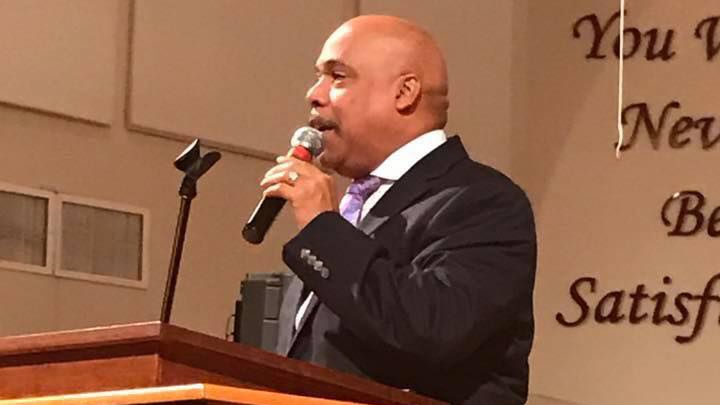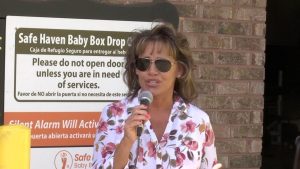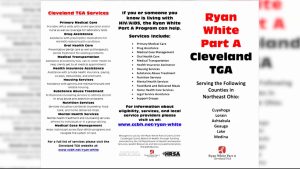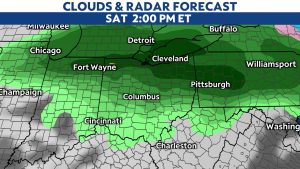COLUMBUS, Ohio — Pastor Craig High, 62, said his church, Bethesda Temple in Dayton, was selected to be a site for vaccine clinics as part of an effort to make vaccines available to minority communities.
What You Need To Know
- COVID-19 vaccination rates are lower among Black Americans
- Vaccine providers are partnering with churches to hold clinics
- Access to vaccines is seen as key to improving equity by race
On recent Wednesdays, the church has been opening its doors for vaccination in partnership with the local health department. The goal is to reach a large minority population in and around Harrison Township, High said.
“There needed to be some areas in Ohio that were particularly designated for minority vaccination centers to make sure that minorities were represented and able to have easy access to the vaccines,” High said.
The church has been used as a site for vaccination several times as far back as last spring, and before that it opened for COVID-19 community testing. High said they’re proud to do what they can to respond to the virus. He believes vaccination can help avoid unnecessary tragedy in Black communities.
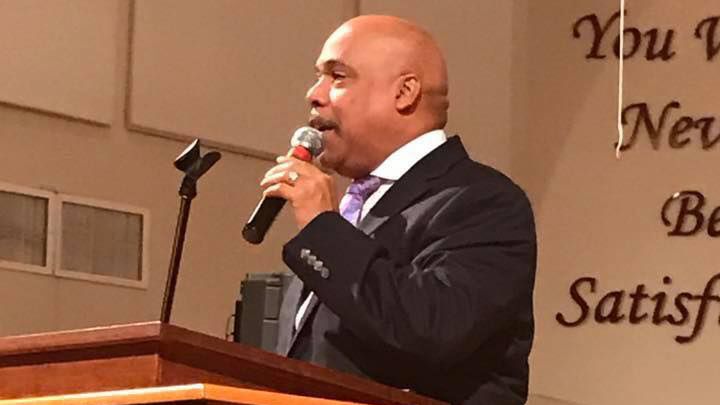
Pastor Craig High of Bethesda Temple in Dayton.
“Education needs to continue to be done. Unfortunately, like other sectors of the population, African Americans also fell victim to social media and some of the misinformation and disinformation that is disseminated over and through social media,” he said.
Vaccination rates are six percentage points higher among white Americans than Black Americans, and Black Americans tend to be more vulnerable to COVID-19 due to work in high-risk jobs and higher incidence of chronic disease, among other factors.
Trying to overcome hesitancy is just as important as making the vaccines available, High said.
“There has historically been a distrust among African Americans and the medical community when you reference things as the Tuskegee experiment, and things like that. We have some valid concerns,” he said.
But High said he trusts the vaccine and encourages his congregation to get their shots at one of the church’s clinics because the studies have been thorough and Black scientists were involved in the production of the COVID-19 vaccines.
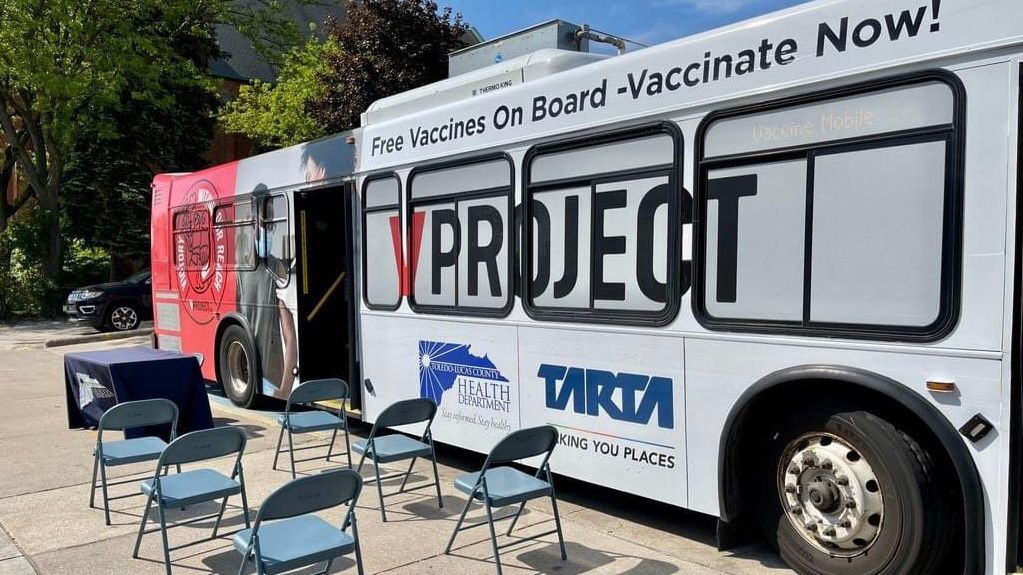
(Courtesy of the V Project)
In the Toledo area, groups have made efforts to raise the vaccine rate among Black residents through grassroots outreach in certain zip codes and using a mobile bus has taken the vaccine to minority neighborhoods.
Sean Savage, founder of the V Project, an organization that promotes vaccination in northwest Ohio, said the hospitals in the area launched a campaign in the fall called “Help Us Help You” asking residents to get vaccinated because COVID-19 patient volumes were straining health-care capacity.
The organization and its partners see it as a priority to vaccinate Black residents and try to reduce the gap in the rates.
“As it relates to the inequality that’s out there, it’s real and I don’t think it’s fixed overnight. I think you have to work so hard at it to improve it, and a lot of it will come down to access. It’ll also continue to come down to trust,” Savage said.
The V Project used donations it collected to fund The Movement, a group that has knocked on thousands of doors in Toledo trying to connect residents in low uptake areas to vaccines. The Movement has also partnered with barber shops and other businesses to register residents for appointments.
“The Movement was a key recipient of funds,” Savage said. “We wanted to do as much as possible to create more equity within the vaccine uptake process in our community.”

